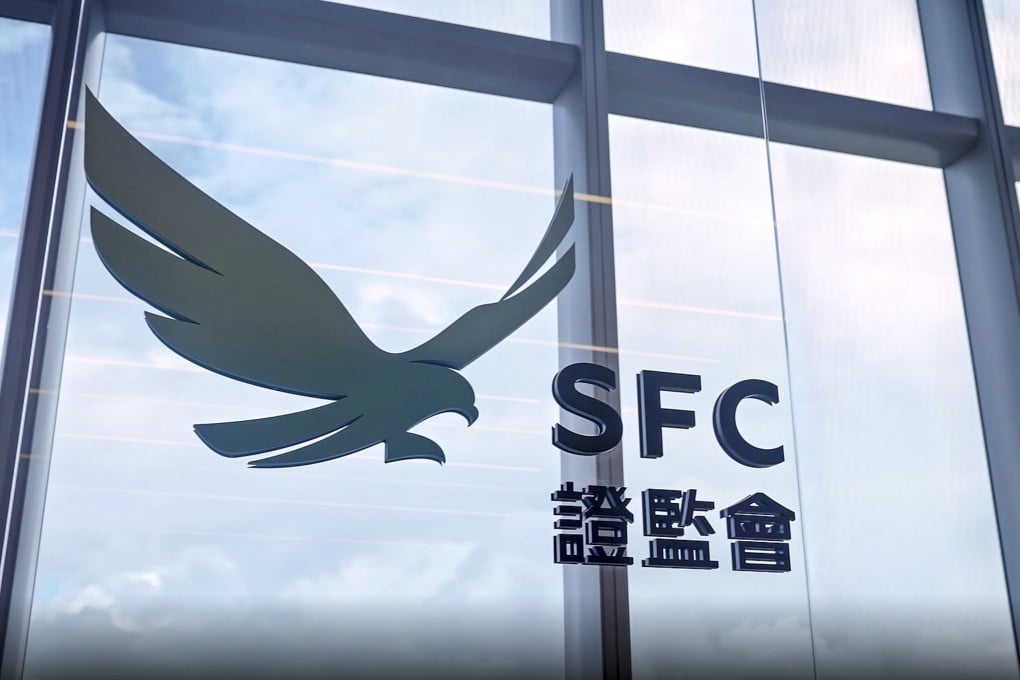Hong Kong securities regulator to add virtual asset personnel to boost crypto supervision
- The Securities and Futures Commission said at Legco that it is adding four new people to ‘better supervise’ virtual asset service providers
- The agency has slowed hiring from last year, but the positions reflect the city’s commitment to becoming a crypto hub after recent market tumult

The Hong Kong Securities and Futures Commission (SFC) is hiring four additional people this year to “better supervise” virtual asset (VA) service providers and their activities, as the market regulator readies a new licensing regime to allow for greater retail crypto investment amid the city’s push to revive its status as a hub for such assets.
The additional manpower will be added to the agency’s Intermediaries division to help it “better assess the compliance and risk” of allowing retail investors to trade virtual assets on licensed platforms, the SFC wrote in its 2023-24 budget report submitted to the Legislative Council on Monday. A previous regime only allowed licensed trading platforms to serve professional investors, or those with portfolios of at least HK$8 million (US$1 million), although getting the license was optional.
“This is in response to an increasing number of operators who have expressed interest in carrying on VA activities such as trading platforms and the management of VA funds,” the commission wrote.
“Recruiting is our focus, especially because much of our work going forward requires a lot of specific expertise,” SFC chairman Tim Lui said on Monday at a financial affairs meeting at Legco.
The SFC hopes that Hong Kong’s relaxation of Covid-19 control measures and the reopened borders with the mainland will help the agency retain talent, Lui said, adding that it is open to hiring professionals from both the mainland and overseas if needed.
Hong Kong first announced its plans to revive the virtual asset industry, including the new licensing regime, at the end of last October after the city had lost some of its shine to cryptocurrency companies and investors over what they perceived as regulations that were too stringent.